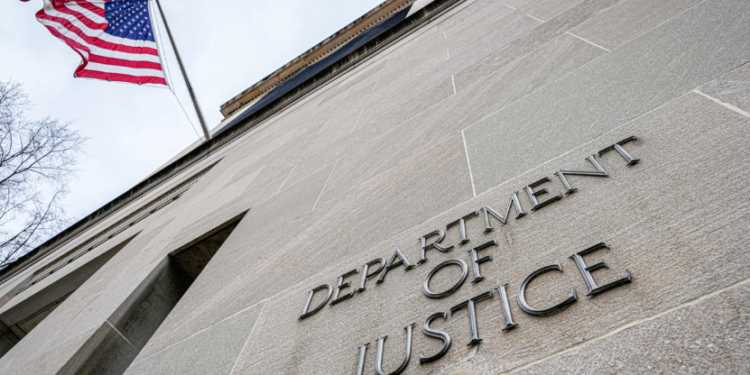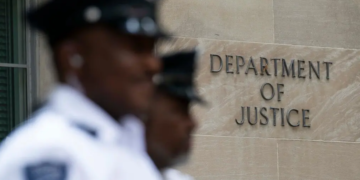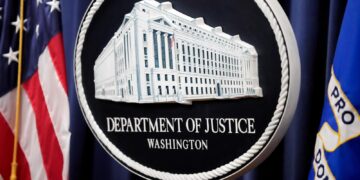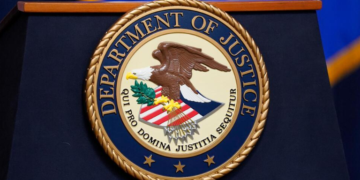May 17, 2025 Story by: Editor
A group of more than two dozen House Democrats has formally urged Attorney General Pam Bondi to preserve the Community Relations Service—known as the “peacemakers program”—warning its closure would strip communities of a critical, impartial mediator for racial and ethnic conflicts.
An internal Justice Department memo, reviewed by CBS News, revealed that the Trump administration’s appointees were considering shuttering the office created by the Civil Rights Act of 1964 to prevent and resolve civil disorders.
In a May 7 letter to Bondi, lawmakers led by Rep. Bobby Scott underscored CRS’s role in combating violence and safeguarding places of worship following recent high‑profile attacks.
Background on the Community Relations Service
The Community Relations Service was established to serve as “America’s peacemaker,” providing confidential, free conflict‑resolution services to communities upon request, without any law‑enforcement powers.
The office was originally created by President Kennedy in the 1960s after noting a need in the federal government for experts who can “identify tensions before they reach the crisis stage” and “work quietly to ease tensions and improve relations in any community threatened or torn with strife.” Since its inception, CRS employees have successfully collaborated with church leaders, community leaders, relatives of victims of violence, and city administrators to prevent civil unrest.
The office is tasked with “preventing and resolving racial and ethnic tensions, conflicts, and civil disorders, and in restoring racial stability and harmony,” according to the Justice Department.
Under the Emmett Till Unsolved Civil Rights Crime Act of 2008, CRS’s mandate was expanded to address lingering legacies of racial violence, though it does not prosecute crimes nor has investigative authority. According to the Justice Department, CRS works to realize Martin Luther King Jr.’s vision of “justice, peace, and reconciliation” by deploying trained mediators to hotspots of civil unrest.
Congressional Appeal and Legislative Context
In their letter, House Democrats recalled that similar efforts to cut CRS were proposed during the previous administration but were ultimately rejected in budget negotiations and staffing decisions.
The lawmakers emphasized that eliminating CRS would remove a neutral resource that has historically de‑escalated crises—from the 1997 police shooting in Rohnert Park, Calif., to unrest after George Floyd’s death in Minneapolis. They argued that without CRS, local authorities would face greater burdens in managing conflicts, potentially leading to “unrest, boycotts and lawsuits”.
Voices from the Field
Ron Wakabayashi, a former regional director of CRS, warned that the agency’s absence “would leave communities without an ability to find and stop brush fires before they became forest fires,” signaling heightened risks of prolonged tensions. CRS veterans note that the service’s confidential approach often succeeds where law enforcement or local groups lack the neutrality or resources to mediate effectively.
Implications and Next Steps
The Justice Department has acknowledged receipt of the congressional letter but declined further comment on CRS’s future If CRS is disbanded, communities nationwide could lose a key tool for peacefully resolving disputes, shifting the burden to local entities that may lack similar expertise.
Advocacy groups and former DOJ officials are calling for congressional oversight to ensure the department remains committed to its civil‑rights origins and maintains sufficient staffing to support CRS’s mission.
















